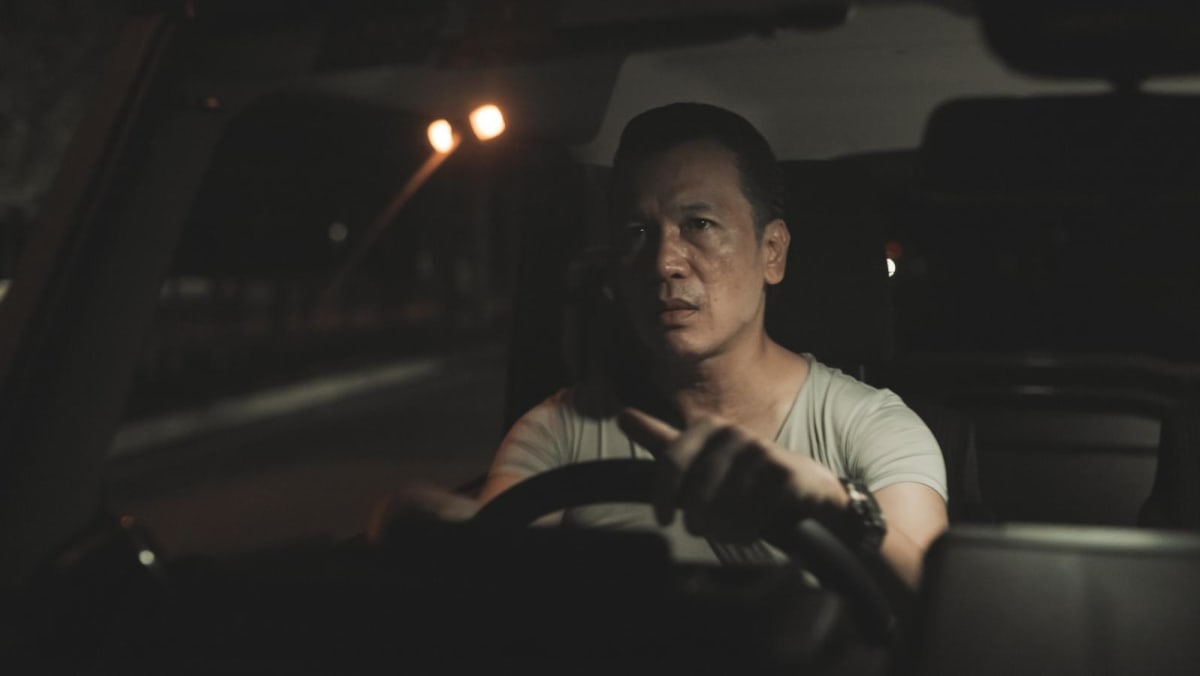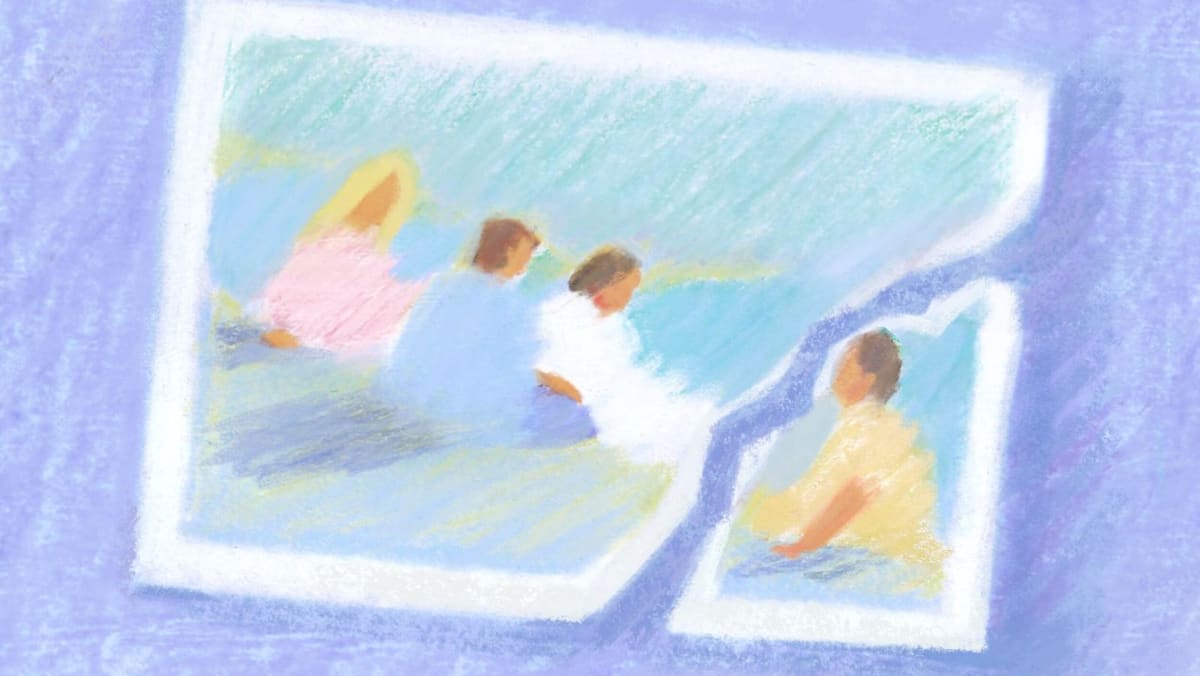Of course, the rate of deterioration depends on many factors, she said, citing “individual differences in sustained attention, fatigue, sleep sufficiency, psychological state, mental sharpness and environmental conditions”.
And on those especially hot days, the brain drain is even more pronounced. “Intense weather conditions, such as a high environmental temperature, show a positive association with fatigue symptoms and have been linked to poorer decision making and road traffic accidents,” said Dr Tan.
Now, not many people drive for 18 hours straight (and you shouldn’t). But if you do, know that the prolonged wakefulness that impairs your brain function, is comparable to alcohol intoxication.
“Being awake for 18 hours is similar to having a blood alcohol content (BAC) of 0.05 per cent, and 24 hours equate to 0.10 per cent, which exceeds Singapore’s legal limit of 0.08 per cent,” said Dr Tan.
WHAT KINDS OF DRIVING CONDITIONS TEND TO SAP YOUR ABILITY TO FOCUS?
There are two types of fatigue, explained Dr Tan. “In active fatigue, there is high mental effort required to navigate harsh external conditions such as poor weather, hazardous road conditions and heavy traffic.
“On the other hand,” she continued, “passive fatigue results when there are prolonged periods where drivers have little to do. This can occur when driving on the expressway on cruise control, for example.














